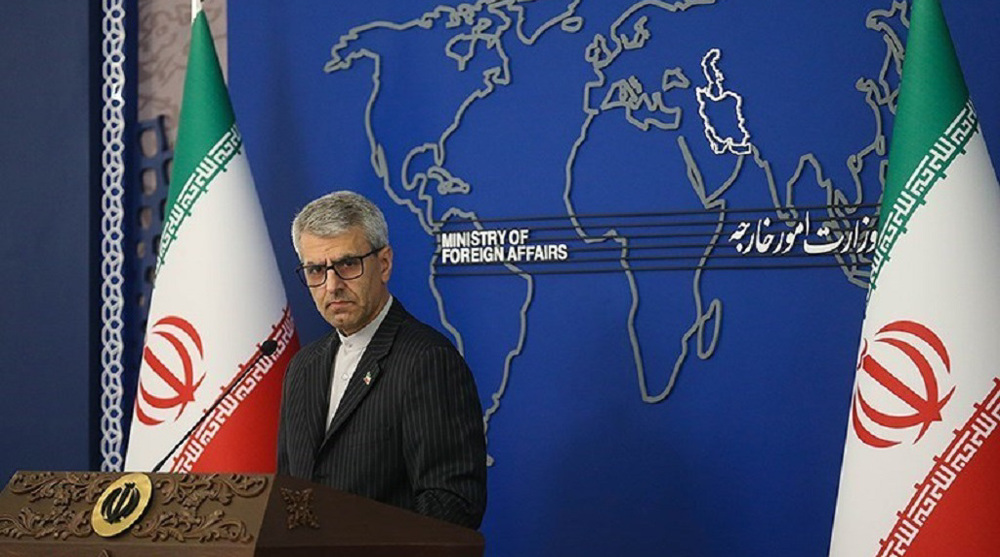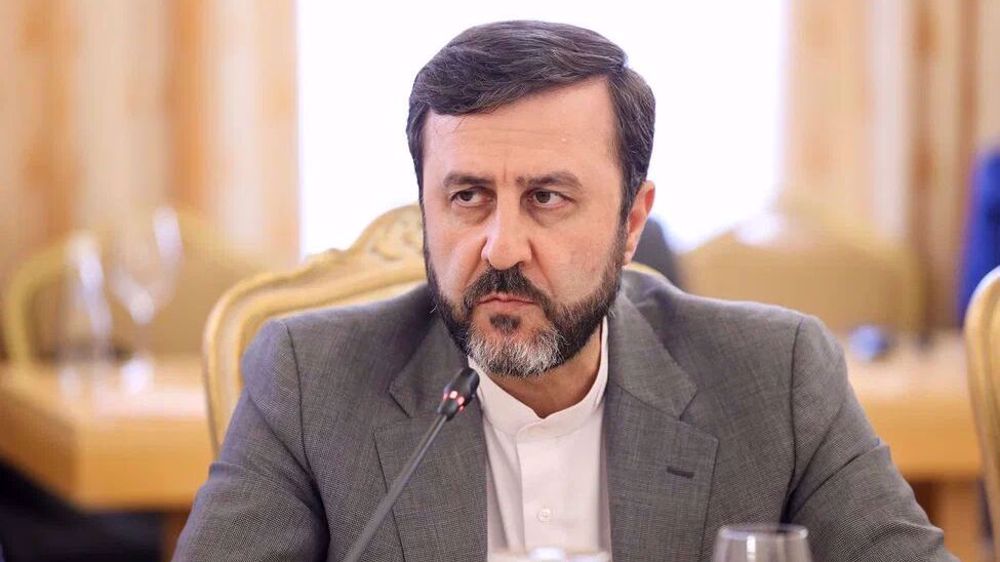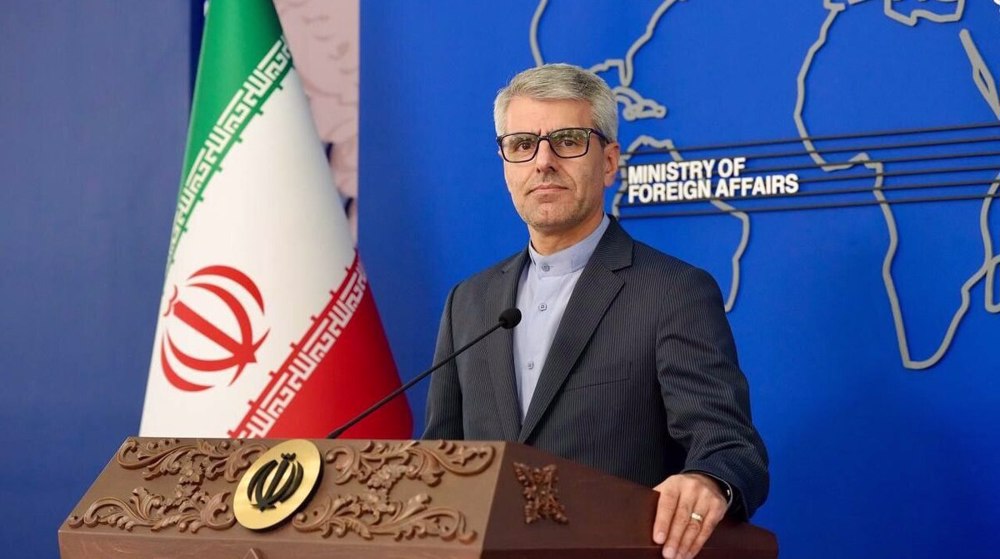Power shifts through votes, auspicious: Speaker Larijani
That elections in the Islamic Republic lead to the shift of political power from one group to another is an auspicious occurrence, says Iran’s Parliament (Majlis) Speaker Ali Larijani, as recent twin elections indicate a shift in the country’s political landscape.
“The rotation of [political] forces in the country is a felicitous development,” Larijani said on Sunday.
On Friday, Iran simultaneously held parliamentary and Assembly of Experts elections. At least 33 million out of the 55 million eligible voters, or 60 percent, took part in the polls. As many as 4,844 candidates, including about 500 women, were competing for a place in the 290-seat parliament. A total of 159 candidates ran for the 88-member Assembly of Experts, which is constitutionally tasked with selecting a leader when the need arises.
Vote counting is still ongoing in the country. Secretary of Elections Headquarters Ali Pourali Motlaq has said counting is over in most of the country’s constituencies. He said vote counting remains to be completed in 40 constituencies nationwide.

While candidates from the Principlist camp have gained a majority when the entire country is taken into account, rival reformists have scored better results in Tehran, which is allotted the highest number of seats in both the Parliament and the Assembly of Experts, taking almost all seats for the capital. Over all, reformists have also been able to send more candidates into the parliament and the Assembly of Experts compared to previous elections for the two institutions.
In his Sunday remarks, Larijani said the fact that people with diverse viewpoints took into consideration the situation of the country and decided about who should be in office in such a situation is something to be respected.
He also said the holding of the twin elections, which took herculean efforts by those in charge, is “national capital” for Iran.

Tehran rejects 'baseless' UK claims about links to criminal groups

Non-nuclear issues not on Iran’s agenda for talks with US: Deputy FM

Iran warns ‘moving the goalposts’ could derail Tehran-Washington talks
Saudi defense minister in Iran for talks on regional developments
Three days from freedom: 64th Palestinian abductee dies in Israeli captivity
IAEA should maintain neutrality in Tehran-Washington talks: Iran nuclear chief
VIDEO | Press TV's news headlines
Hamas: Israel tortures Palestinian abductees while we treat captives humanely
Israeli captive in Gaza holds Netanyahu responsible for continued captivity
Tehran rejects 'baseless' UK claims about links to criminal groups
Palestinian hospital chief ‘exhausted from torture’ in Israeli prison: Lawyer












 This makes it easy to access the Press TV website
This makes it easy to access the Press TV website